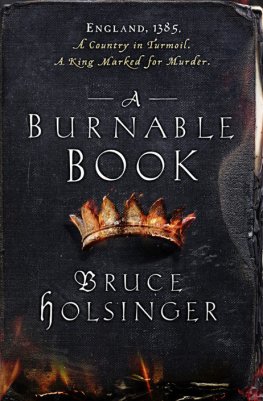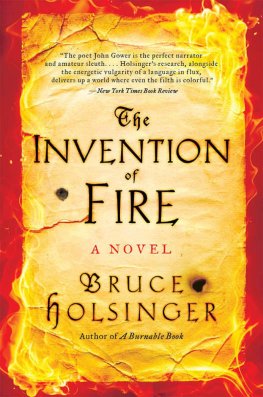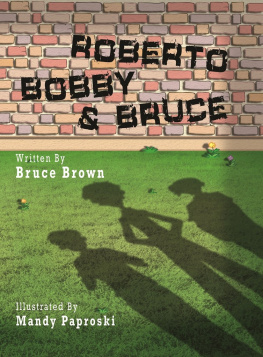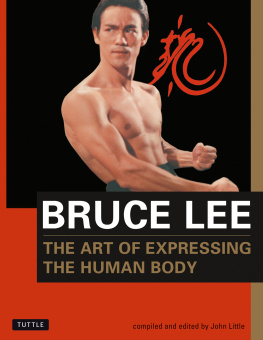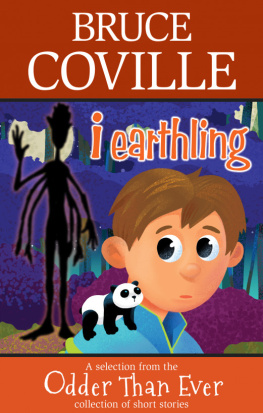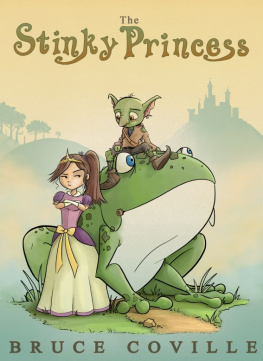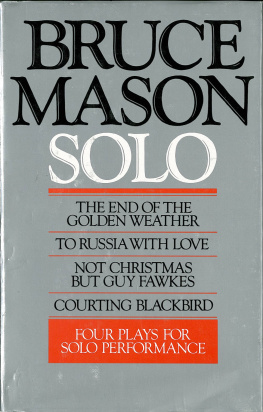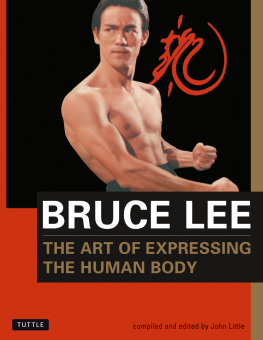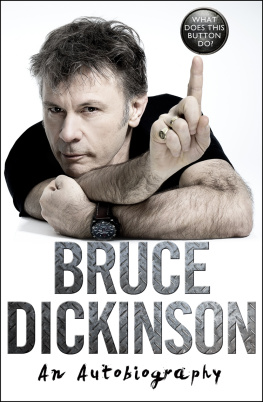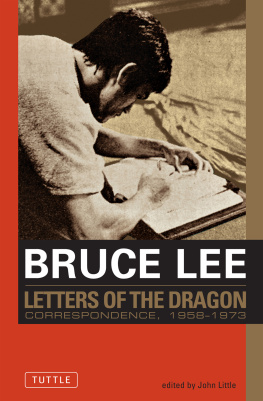Bruce Holsinger - A Burnable Book
Here you can read online Bruce Holsinger - A Burnable Book full text of the book (entire story) in english for free. Download pdf and epub, get meaning, cover and reviews about this ebook. year: 2013, publisher: HarperCollins Publishers, genre: Detective and thriller. Description of the work, (preface) as well as reviews are available. Best literature library LitArk.com created for fans of good reading and offers a wide selection of genres:
Romance novel
Science fiction
Adventure
Detective
Science
History
Home and family
Prose
Art
Politics
Computer
Non-fiction
Religion
Business
Children
Humor
Choose a favorite category and find really read worthwhile books. Enjoy immersion in the world of imagination, feel the emotions of the characters or learn something new for yourself, make an fascinating discovery.
- Book:A Burnable Book
- Author:
- Publisher:HarperCollins Publishers
- Genre:
- Year:2013
- Rating:4 / 5
- Favourites:Add to favourites
- Your mark:
- 80
- 1
- 2
- 3
- 4
- 5
A Burnable Book: summary, description and annotation
We offer to read an annotation, description, summary or preface (depends on what the author of the book "A Burnable Book" wrote himself). If you haven't found the necessary information about the book — write in the comments, we will try to find it.
A Burnable Book — read online for free the complete book (whole text) full work
Below is the text of the book, divided by pages. System saving the place of the last page read, allows you to conveniently read the book "A Burnable Book" online for free, without having to search again every time where you left off. Put a bookmark, and you can go to the page where you finished reading at any time.
Font size:
Interval:
Bookmark:
Bruce Holsinger
A Burnable Book
At Prince of Plums shall prelate oppose
A faun of three feathers with flaunting of fur,
Long castle will collar and cast out the core,
His reign to fall ruin, mors regis to roar.
By bank of a bishop shall butchers abide,
To nest, by Gods name, with knives in hand,
Then springen in service at spiritus sung.
In palace of prelate with pearls all appointed,
By kingmakers cunning a king to unking,
A magnate whose majesty mingles with mort.
By Half-ten of Hawks might shender be shown.
On day of Saint Dunstan shall Death have his doom.
The thirteenth prophecy, from Liber de Mortibus Regum Anglorum (Book of the Deaths of English Kings)Prologue
Moorfields, north of the walls
Under a clouded moon Agnes huddles in a sliver of utter darkness and watches him, this dark-cloaked man, as he questions the girl by the dying fire. At first he is kind seeming, almost gentle with her. They speak something like French: not the flavour of Stratford-at-Bowe nor of Paris, but a deep and throated tongue, tinged with the south. Olives and figs in his voice, the embrace of a warmer sea.
He repeats his last question.
The girl is silent.
He hits her.
She falls to the ground. He squats, fingers coiled through her lush hair.
Doovay leebro? he gently chants. Ileebro, mee ragazza. Ileebro. It could be a love song.
The girl shakes her head. This time he brings a fist, loosing a spray of blood and spittle from her lips. A sizzle on a smouldering log. Now he pulls her up, dangling her head before him, her body a broken doll in his hands. Another blow, and the girls nose cracks.
Ileebro. Screaming at her now, shaking her small frame.
Nonloso! she cries. Nonloso, seenoray. She spits in his face.
He releases her and stands. Hands on his knees, he lets fly a string of words. Agnes can make nothing of them, but the girl shakes her head violently, her hands clasped in prayer.
No no no, seenoray, no no no. She screams, sobs, now whimpers as her softening cries fade into the silence of the moor.
When she is still he speaks again. Doovay leebro?
This time the girl hesitates. Moonlight catches the whites of her eyes, her gaze darting toward the dense foliage.
In the thick brush Agnes stiffens, ready to spring. The moment lengthens. Finally, in the clearing, the girl lowers her head. Nonloso. Her voice rings confident this time, unafraid.
The man raises a hand. In it he clutches a stick of some kind. No, a hammer. This is your last chance, my dear.
Agness limbs go cold. Perfect gentlemans English. More than that, she knows this mans voice, has heard it close to her ear, though she cant summon the face. One of a thousand.
Now the girl throws back her head, lips parted to the dark sky, the dread ascending in a last flux of words: Though faun escape the falcons claws and crochet cut its snare, when father, son, and ghost we sing, of citys blade beware!
English again, brushed with an accent, confusing the night with these strange portents hurled at the stars. Shes taunting him, Agnes thinks. He hesitates, the hammer still in the air.
Finally it descends. There is a glint of iron, and a sound Agnes will never forget.
For hours Agnes waits, as the moon leaves the sky, as the din of night creatures falls slowly into a bottomless silence. Now dawn, birdsong mingling with the distant shouts of workingmen within the city walls. The priory rings Lauds, and light rises across the moor.
Time to move. She arms aside a span of branches, scoring her wrists on dense clusters of twigs and nubs. A tentative foot out among the primrose, a pale blanket of scent.
Her gaze glides over the clearing: the lean-to, the remnants of the fire, the body. Her killer has stripped the girl to the flesh. Not with unthinkable intent, but with a deliberation that makes clear his aim. He was searching her, picking at her, like a wolf at a fresh kill. No rings on the delicate fingers, no brooch at the slender neck, though a silver bracelet circles her wrist. With her right hand Agnes clumsily unclasps it, admiring the small pearl pendant, the delicate chain. She pockets it. The only other item of value is a damask dress, tossed over a rotten log. Too big and bulky to carry into the city, and too fine for Agnes to wear.
Her left arm, still pinned at her side, aches. The small bundle has been clutched too tightly to her breast, almost moulded to her body. A thousand thorns wake her limb as she examines what the doomed girl thrust wordlessly at her hours ago. A bright piece of cloth, tied in leather cord, wrapped around a rectangular object of some kind. She collapses on a high stone and rests the bundle on her knees. With one tug the cord comes free.
A book. She opens it, looking for pictures. None. She tosses the thin manuscript to the ground.
What she notices next is the cloth. A square of silk, the embroidery dense and loud, the whole of it still stiff with the volumes shape. She spreads the cloth to its full span. Here is a language she reads: of splits and underside couching, of pulled thread and chain stitch, an occulted story told in thread of azure, gold, and green. At the centre of the cloth appear symbols that speak of ranks far above hers. Here a boy, there a castle, there a king; here lions rampant, there lilies of France; here a sword, there a shield.
Agnes knows something of livery, suspects the import of what she holds. A woman has just died for it, a man has just killed. For what? She remembers the girls last, haunting words.
Though faun escape the falcons claws and crochet cut its snare,
When father, son, and ghost we sing, of citys blade beware!
The rhythm of a minstrels verse, one she has never heard. Yet the rhyme will not leave her mind, and she mouths it as she thinks her way back through the walls. Which road is less likely to be watched, which gates keepers less likely to bother with a tired whore, some random maudlyn dragging it into London at this hour?
Cripplegate. Agnes takes a final kneel next to the dead girl and whispers a prayer. She retrieves the book and wraps it once more in the cloth, hiding them both in her skirts.
Soon she has left the Moorfields and traced a route below the causeway, circling north of a city suddenly foreign to her, though she has spent nearly all her life between its many gates. She enters London dimly aware that she holds things of great value on her person and in her mind, though unsure what to do with any of them, nor what they mean, nor whom to trust.
A cloth, a book, a snatch of verse.
Which is worth dying for?
PART ONE
Day xv before the Kalends of April to the Ides of April, 8 Richard II
(18 March-13 April 1385)
ONE
Newgate, Ward of Farringdon
If you build your own life around the secret lives of others, if you erect your house on the corrupt foundations of theirs, you soon come to regard all useful knowledge as your due. Information becomes your entitlement. You pay handsomely for it; you use it selectively and well. If you are not exactly trusted in certain circles, you are respected, and your name carries a certain weight. You are rarely surprised, and never deceived.
Yet there may come a time when your knowledge will betray you. A time when you will find even the brightest certainties of friendship, of family, even of faith dimming into shadows of bewilderment. When the light fails and belief fades into nothingness, and the season of your darkest ignorance begins.
Mine fell in the eighth year of Richards reign, over that span of weeks separating the sobriety of Lent from the revelry of St Dunstans Day. London often treats the passing of winter into spring with cold indifference. That year was no different. February had been an unforgiving month, March worse, and as the city scraped along toward April the air seemed to grow only more bitter, the sky more grey, the rain more penetrating as it lifted every hint of warmth from surfaces of timber and stone.
Font size:
Interval:
Bookmark:
Similar books «A Burnable Book»
Look at similar books to A Burnable Book. We have selected literature similar in name and meaning in the hope of providing readers with more options to find new, interesting, not yet read works.
Discussion, reviews of the book A Burnable Book and just readers' own opinions. Leave your comments, write what you think about the work, its meaning or the main characters. Specify what exactly you liked and what you didn't like, and why you think so.

